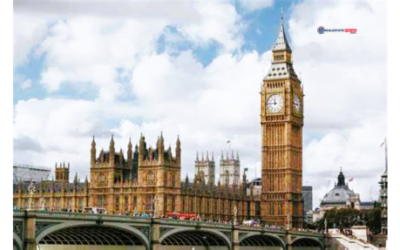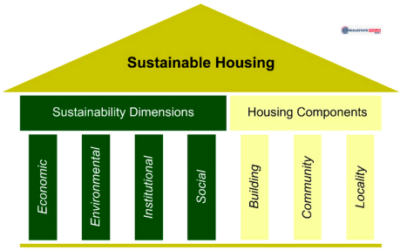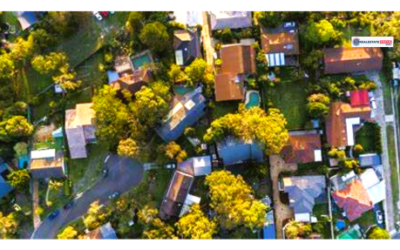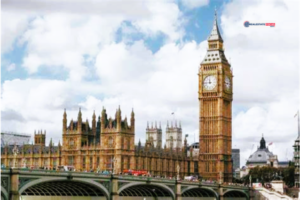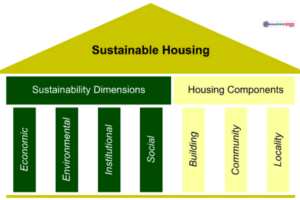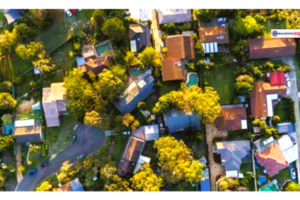
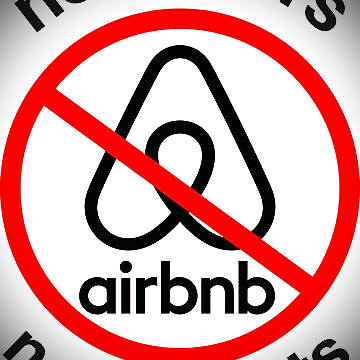
Homes or Hotels? Global Housing Crisis Sparks Major Airbnb Ban as 65,000 Listings Vanish Overnight
In a landmark ruling that could reshape the future of urban housing, a staggering 65,000 Airbnb listings have been banned amid a fierce court battle the latest and most dramatic blow to the short-term rental giant. The legal defeat is part of a growing global movement against vacation rental platforms, accused of exacerbating housing shortages in cities already buckling under unprecedented demand.
The ruling, handed down in a case closely watched by policymakers and housing advocates, marks one of the most sweeping actions ever taken against Airbnb. The ban, which affects thousands of properties once marketed as short-term getaways, is sending shockwaves through tourism-heavy economies and igniting intense debate over whether tech-powered hospitality is outpricing long-term residents.
A Global Reckoning for Short-Term Rentals
This is not an isolated skirmish. The crackdown on Airbnb listings comes amid a broader reckoning, as cities across the world from Berlin to Barcelona, New York to Melbourne grapple with the unintended consequences of the “sharing economy.” In Australia alone, it’s estimated that more than 300,000 homes have been diverted from the long-term rental market into the lucrative tourist sector.
The result? Skyrocketing rents, shrinking availability, and mounting frustration from local communities who feel priced out of their own neighborhoods.
“It’s a modern form of gentrification,” says urban planner Dr. Elise Tan. “What began as a way for homeowners to make a little extra income has morphed into a corporate gold rush, hollowing out residential zones and turning homes into investment portfolios.”
The Court Case That Changed Everything
The legal battle that triggered the 65,000-home ban centered on zoning violations and regulatory evasion, with the court ruling that these properties were operating as de facto hotels without meeting safety or compliance standards. The case sets a powerful precedent, and legal experts believe it could embolden other jurisdictions to follow suit.
Already, lawmakers in several countries are proposing tighter restrictions including mandatory licensing, caps on rental days, and steep fines for non-compliance. Critics argue that without swift regulation, the housing crisis could deepen, particularly in urban centers where affordability is already at breaking point.
The End of the Airbnb Era or Just a Reckoning?
While some herald the ruling as a turning point in the battle for affordable housing, others warn it could have unintended economic fallout, especially for hosts who depend on short-term rental income and for regions reliant on tourism.
Airbnb, for its part, has vowed to fight back, arguing that its platform empowers everyday people and democratizes travel. But the company’s image has been increasingly under fire, with protests, lawsuits, and regulatory challenges mounting globally.
A New Housing Philosophy Emerging
As pressure builds, a new question is rising to the forefront: Should homes be homes first, and businesses second?
Governments are being forced to reconsider the role of housing not just as a commodity, but as a human right. With cities straining under population growth and economic inequality, the Airbnb era may be facing its most serious existential test yet.
Whether this marks the beginning of the end for short-term rental dominance or simply a new phase of tighter regulation, one thing is clear: the days of unregulated home-sharing are numbered.
And for many, that’s not a tragedy, it’s a long-overdue course correction.



